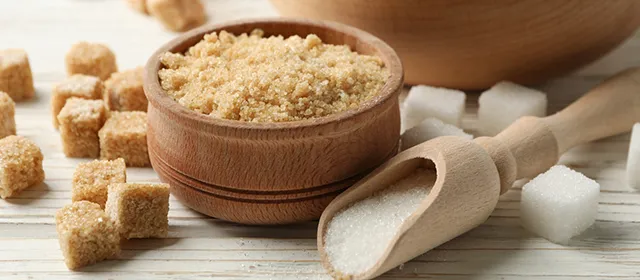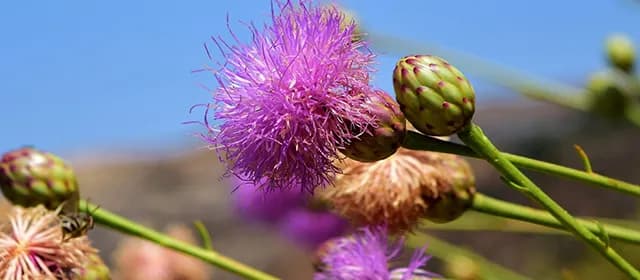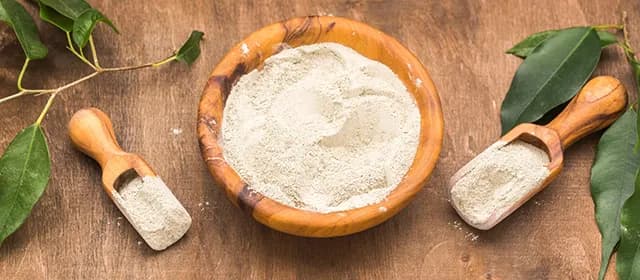The global food and beverage industry is witnessing a steady transition toward natural and sustainably sourced ingredients, with organic sugar emerging as a key component of this shift. As consumers become increasingly health-conscious and environmentally aware, the preference for organic sweeteners over conventional refined sugar has strengthened across major markets.
Organic sugar, available in variants such as organic raw cane sugar, coconut sugar, and brown sugar, is valued for its minimal processing and retention of natural nutrients. The growing demand is supported by rising disposable incomes, expanding organic product portfolios, and the introduction of stricter organic certification standards worldwide.
According to Kings Research, the global organic sugar market was valued at USD 2,232.4 million in 2023 and is projected to reach USD 4,094.3 million by 2031, registering a CAGR of 8.22% during the forecast period (2024–2031). The market growth is further propelled by increasing consumer focus on health, transparency in labeling, and ethical sourcing practices.
Key Advantages of Organic Sugar Consumption
- Health-Oriented Benefits
Organic sugar retains trace quantities of molasses, resulting in a lower glycemic index compared to refined sugar. It provides small amounts of essential nutrients, such as vitamin B6, vitamin C, and antioxidants, which may contribute to improved metabolic health and immunity. Its less processed nature also reduces the likelihood of rapid blood sugar spikes, making it a preferable alternative for health-conscious consumers.
- Enhanced Flavor and Versatility
Due to the natural molasses content, organic sugar delivers a richer flavor profile and a subtle caramel undertone. These characteristics make it a popular choice in culinary applications such as baking, confectionery, and beverages, offering an appealing balance between functionality and taste.
- Environmentally Sustainable Production
Organic sugar is cultivated without synthetic fertilizers, herbicides, or pesticides, thereby reducing the environmental footprint of production. The adoption of crop rotation and natural pest management practices enhances soil health, supports biodiversity, and aligns with global sustainability objectives.
- Socioeconomic Benefits
The organic sugar industry plays a significant role in supporting small-scale farmers. By adhering to fair trade and organic certification programs, producers enable equitable economic participation and long-term viability for agricultural communities engaged in sustainable cultivation practices.
Top 10 Organic Sugar Manufacturers and Suppliers
1. Ecoideas
Ecoideas is recognized for its extensive portfolio of organic food products, including organic sugar with a lower glycemic index. The company maintains a strong commitment to sustainable sourcing and consumer health, positioning itself as a prominent player in the North American organic sugar segment.
2. Global Organics
Global Organics is a pioneer in the organic sugar market, partnering with Natve, a leader in regenerative agriculture, to supply organic cane sugar sourced from Brazil’s Green Cane Project. In May 2024, Natve became the first producer to receive Regenerative Organic Certified (ROC) status for its sugar products, marking a significant milestone in sustainable sugar production.
3. Nordzucker AG
Headquartered in Braunschweig, Germany, Nordzucker AG is among Europe’s largest sugar producers. The company’s organic sugar is derived primarily from locally cultivated sugar beets, ensuring traceability and adherence to stringent environmental standards.
In July 2023, Nordzucker introduced its new Brown Organic Sugar under the SweetFamily brand, made entirely from organically grown sugar beet in northern Germany to meet increasing regional demand for vegan and premium-quality sugar.
4. Organic Tattva
Organic Tattva, based in India, focuses on delivering high-quality organic products, including sugar derived from freshly pressed sugarcane juice. The company adheres to strict certification standards and promotes consumer awareness about healthy dietary choices.
5. Rapunzel Naturkost
Rapunzel Naturkost, a leading German organic food manufacturer, is known for its commitment to global organic farming and fair trade. Its Rapadura unrefined sugar remains a flagship product known for its rich flavor and minimal processing. The company continues to expand its organic portfolio across Europe and North America.
6. Südzucker AG
Südzucker AG, one of the largest sugar producers globally, offers a wide range of specialty sugars, including certified organic beet sugar. The company sources over 80% of its organic sugar beets from local farmers in Bavaria, reinforcing its focus on regional sustainability.
Its products are certified under recognized organic standards, including EU Bio, Naturland, Bioland, and BioSuisse, ensuring compliance with leading international quality benchmarks.
7. Turn Organic
Turn Organic produces premium organic sugar derived from sugarcane cultivated under stringent organic farming guidelines. The company has established itself in the Indian organic product segment through consistent quality assurance and certification adherence, catering to a growing domestic and export demand.
8. Wholesome Sweeteners, Inc.
Based in Sugar Land, Texas, Wholesome Sweeteners, Inc. is a key participant in the global fair trade and organic sweeteners market. Since its founding in 2001, the company has emphasized ethical sourcing, transparency, and social impact.
9. Florida Crystals Corporation
Florida Crystals Corporation is a vertically integrated sugar producer operating the largest Regenerative Organic Certified (ROC) farm in the United States, covering approximately 10,000 acres in Florida. The company’s organic portfolio reflects a complete farm-to-table approach, ensuring sustainability across all stages of production.
10. Natureland Organics
Natureland Organics, headquartered in India, is known for its comprehensive range of organic food products. Its organic sugar offerings, including white and brown sugar variants, comply with national and international organic standards, reflecting the company’s focus on purity, traceability, and environmental stewardship.
Conclusion
The global organic sugar market is positioned for consistent expansion, driven by health-conscious consumer behavior, supportive regulatory frameworks, and advancements in sustainable agriculture. Companies are prioritizing certified sourcing, fair trade principles, and low-impact production processes to strengthen brand credibility and align with global sustainability goals.
As the clean-label and organic food movements continue to gain momentum, leading players are expected to enhance their product portfolios through innovation, strategic partnerships, and digital traceability initiatives. This growing convergence of consumer demand and sustainable production practices is set to reinforce the organic sugar industry’s long-term growth trajectory, providing significant opportunities for both producers and investors in the evolving food and beverage landscape.




